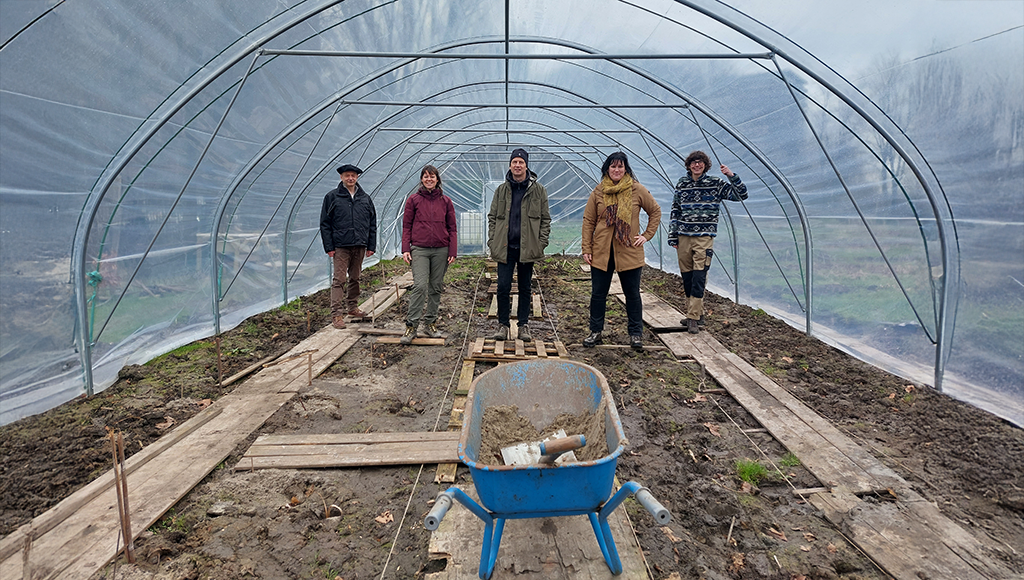In October of 2024, I was invited to join the Advisory Board and attend the launch of the UK Economic and Social Research Council (ESRC) funded project Place-based circular society innovations (CSI) in Manchester, UK. I was excited to join, not only because long term friend of the Bassetti Foundation Sally Randles is part of the team and it would mean a return to my home-town for a collaboration (the Manchester Metropolitan University is hosting the project), but also because I could bring not only my knowledge of responsible innovation approaches but also my experience as volunteer at Food for Good (FFG) and other circular society projects in Utrecht to the table.
The project is investigating circular projects that place social justice and wellbeing at the heart of their approaches, comparing, contrasting and learning from case studies in Greater Manchester, London, Utrecht, Turku and Chicago. The aim is to uncover how circular society innovations can make places more equitable, inclusive, and environmentally sustainable, helping to develop, implement, and scale these transformative approaches.
The use of the term ‘circular society’ represents a move beyond the idea of circular economy. As readers will I am sure know, the economic and environmental benefits of circular initiatives are already targeted and trumpeted, but this project aims to understand the social implications of these practices and initiatives which remain poorly understood, vaguely defined and marginal (this is especially the case if we are thinking about social equity and justice).
Rather reflecting the Foundation’s interest in what we call poiesis intensive responsible innovation, the project is interested in how these initiatives are shaped by the conditions and people present in the places and spaces in which they happen, and in turn how they shape those places.
The project runs from October 2024 – October 2027 and its objectives are to assess how policy, practitioners and projects address sustainability challenges through the development and implementation of place-based circular society innovations, evaluate which solutions can be co-created at scale and to develop recommendations for policymakers, practitioners and civic society organizations to stimulate place-based circular society innovations.
Knowledge will be co-created on 100 circular society innovation projects (50 of which will be studied in depth) and translated into evidence-based recommendations for policy makers and practitioners to scale circular society innovations for place-based, equitable, inclusive and environmentally sustainable living.
October saw the launch event at Manchester Metropolitan University that included a public lecture delivered by project partner Weslynne Ashton of the Chicago-based Illinois Institute of Technology. It was an inspirational talk entitled ‘Stewarding Circular Futures through Design: for whom, by whom and with whom?’ which can be watched here.
On 28 January I and my FFG colleague Suzanne showed two of the project team around the Food for Good gardens. Martijn Rietbergen and Suzanne van Osch from project partner Utrecht University of Applied Sciences are conducting the research here in Utrecht. We had a lovely day, see the photo below taken in our new tunnel.
I very much look forward to seeing how the project develops, and will keep readers informed.
















